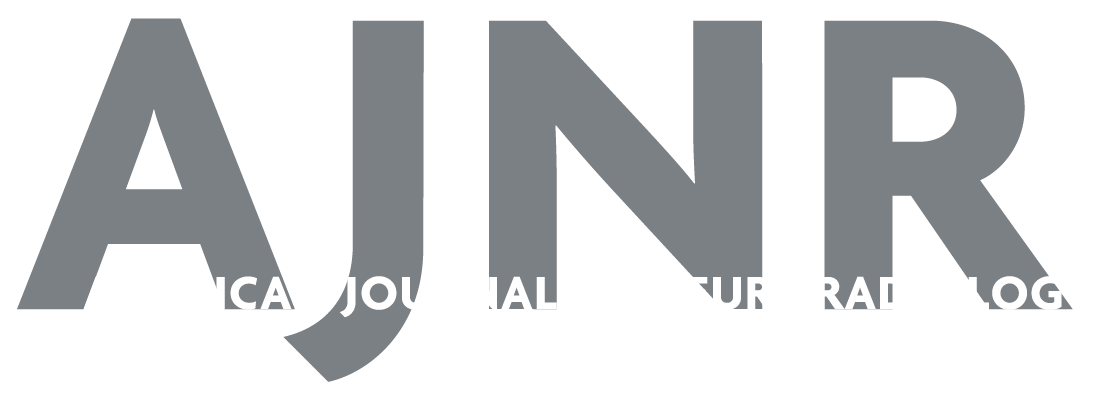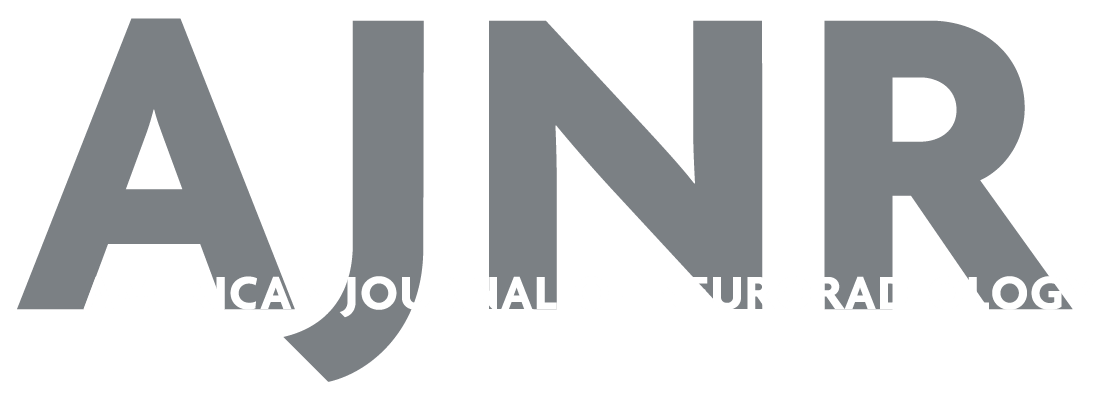- Evaluation of an Intravenous-Endovascular Strategy in Patients with Acute Proximal Middle Cerebral Artery Occlusion
Here, the safety and efficacy of mechanical thrombectomy after intravenous therapy failure were assessed in 123 patients with acute MCA occlusions. All patients imaged were within 4.5 hours of onset, had DWI ASPECTS greater than 5, and variable NIHSS scores (8–25). The authors found that mechanical thrombectomy after failure of intravenous thrombolysis improves clinical outcomes at 3 months and could represent an alternative in the management of patients with acute MCA occlusion. Additionally, no symptomatic intracranial hemorrhages were detected in patients treated this way, suggesting this protocol is safe.
- Impaired Default Mode Network on Resting-State fMRI in Children with Medically Refractory Epilepsy
This article explores the possibility that the default mode network as seen on resting state fMRI is abnormal in children with medically refractory epilepsy as it is in adults. Studies in 11 patients showed abnormal default mode networks with decreased connectivity but no correlations with age of seizure onset, duration of epilepsy, number of medications, seizure frequency, or IQ.
AJNR Awards, New Junior Editors, and more. Read the latest AJNR updates
Improved Turnaround Times | Median time to first decision: 12 days






